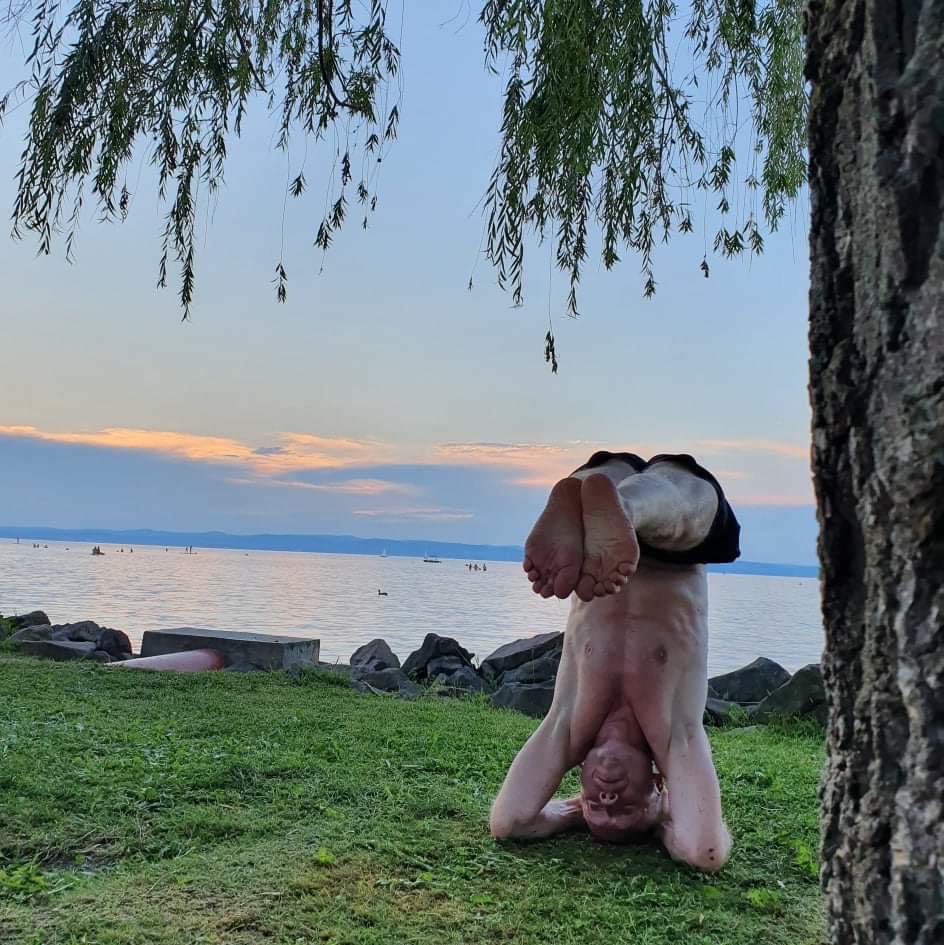Things I wish I had known for long#2: Manage your energy not your time – or: why we moved our daily standups to the afternoon
(magyar változatért katt ide vagy görgess le)
There are things I wish I had known for long. One of these is:
Manage your energy not your time.
Introduction – the idea: “who is allowed to get out of prison?”
About 10 years ago a New York times article claimed that there was only one factor that decided if you, as a criminal, were released on parole.
The three prisoners had completed at least two-thirds of their sentences, but the parole board granted freedom to only one of them. Guess which one:
Case 1 (heard at 8:50 a.m.): An Arab Israeli serving a 30-month sentence for fraud.
Case 2 (heard at 3:10 p.m.): A Jewish Israeli serving a 16-month sentence for assault.
Case 3 (heard at 4:25 p.m.): An Arab Israeli serving a 30-month sentence for fraud.
There was a pattern to the parole board’s decisions, but it wasn’t related to the men’s ethnic backgrounds, crimes or sentences.
It was not your age. Race. Not even your background.
There was one determining factor that decided what was the probability if you were released or not.

Image source: Dreamstime
Around the same time I met a friend of mine. She was about to leave her role at a multi-national business to start her own consulting company around a topic that seemed like slightly clear to me at that time.
The common point was in both cases: energy management.
Energy management?!?
It sounded too esoteric for me at that time.
Please note that around that time I already started to believe in magic. Also note that in the world either everything is magic or nothing is. It is not me saying this latter but Albert Einstein.
But still, you know: energy management?
Since then, I learnt a lot about energy. And that everything is energy. But the concept had hardly anything to do with it.
This “energy management concept” was much more practical.
It is that as you progress through the day you have less and less energy: a.k.a. “if you feel like doing things or not”.
Namely: the time of the day when you do things does matter. Read it again.
Usually you have more energy in the morning than in the afternoon.
Your energy is just like a battery that gets drained during the day.
So when it came to judges in the New York Times article – the answer was that if you appeared before a judge in the morning: you had 7x more chance (70%) getting release on parole vs. appearing before the judge in the late afternoon (10% or less).
When you have less energy: you are less likely to make decisions. Any decisions.
Or what is even worse: you will make bad decisions.
Two more extremely exciting things I found – that the article above did not detail or mention
There were two additional exciting things I realized when I started to apply this:
1 – Usually this “when during the day” differs from person to person.
2- Also it differs from person to person what takes away energy and what charges energy back.



